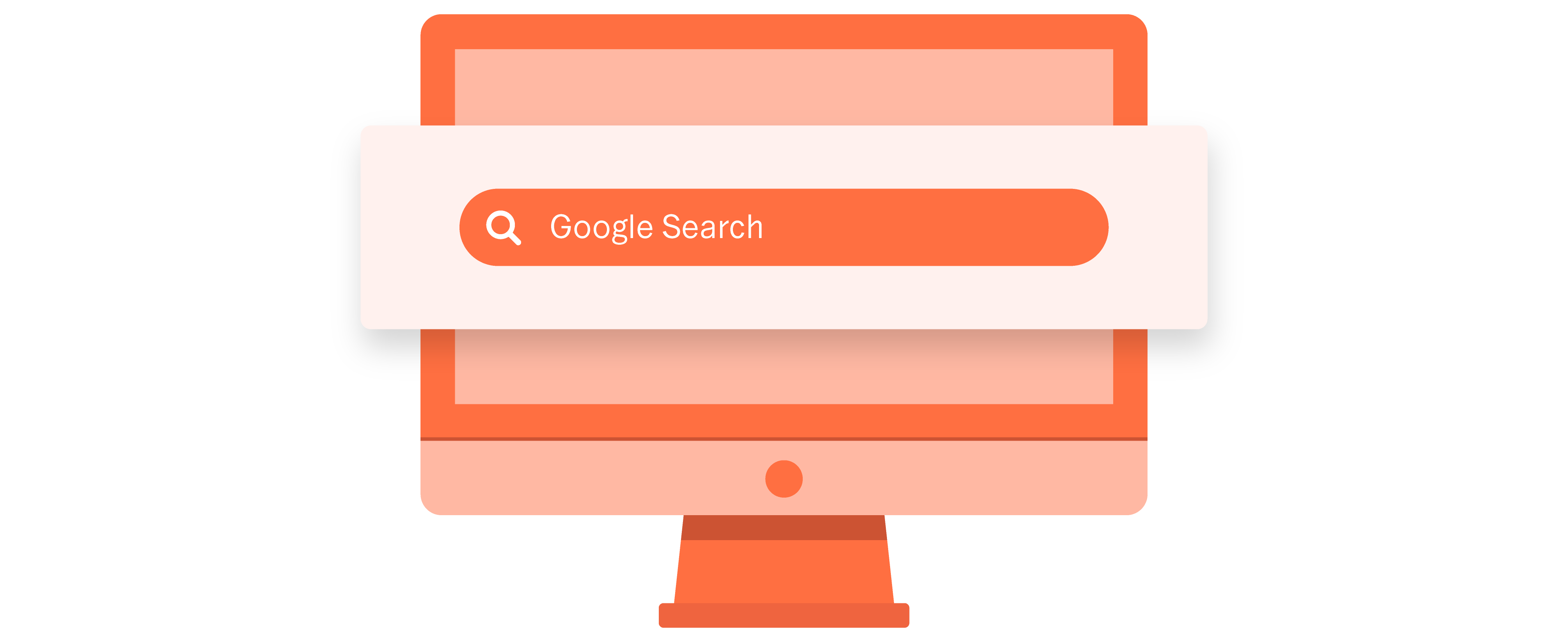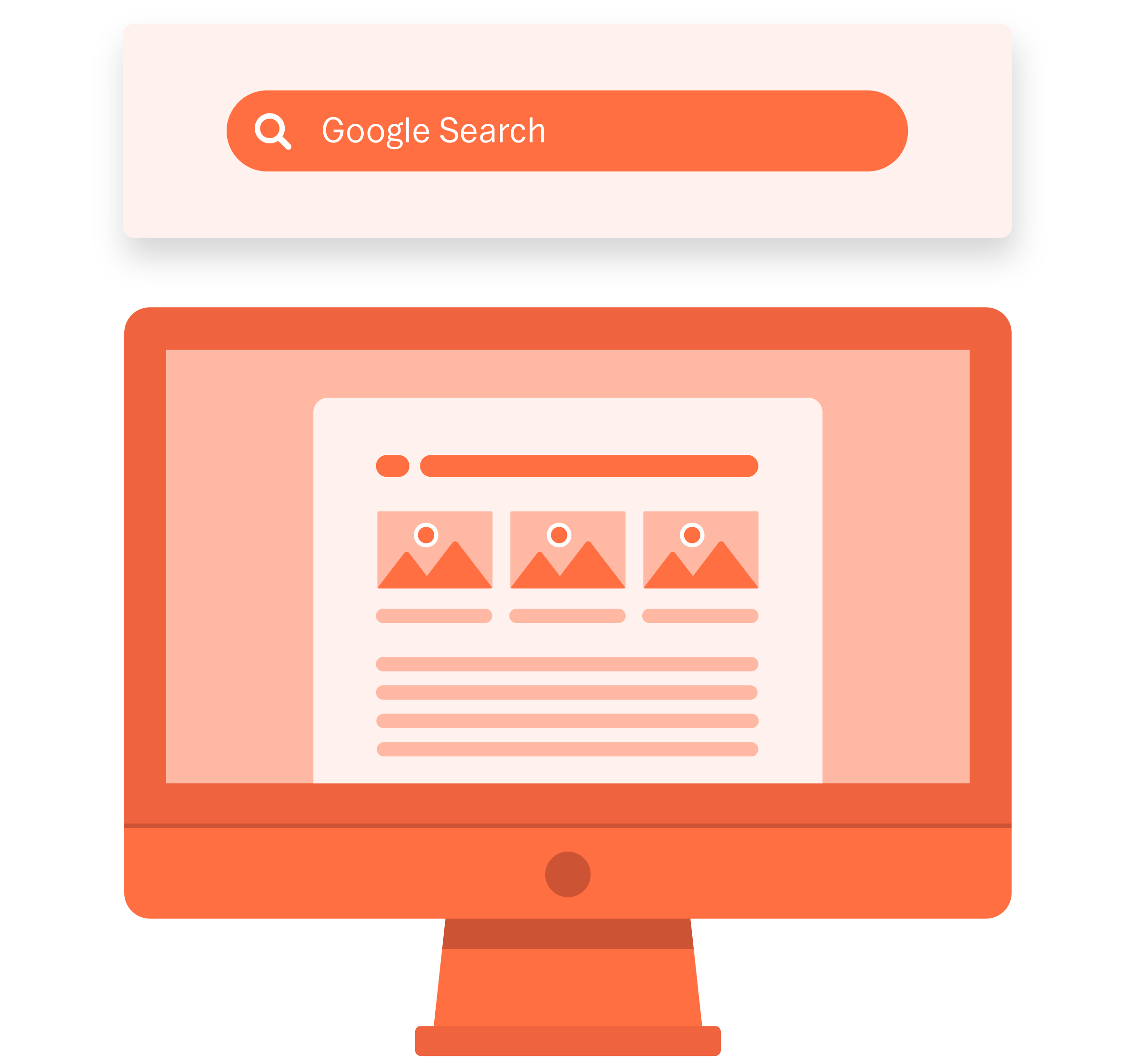
A search is not just a search
A lot of tools should be mentioned when talking about effective SEO work. And one of these is particularly important: Search Intent. Because when your potential customers do a Google search, it’s often something specific they’re looking for.
Whether it’s the addresses of the nearest car repair shop, good deals – or just the weather tomorrow. If you have the intention of a search in the back of your mind, it can give you a significantly better position among the search results.
And Google hints that Search Intent will become an even more important factor in the future ranking and indexing of websites. So, there is no better time than now to take a closer look at how you can use Search Intent in your SEO work.

Get valuable visits at your website
Google’s algorithms determine how a page is ranked in the search results. This is the basic principle of SEO. And these algorithms are becoming more and more advanced all the time. More sensitive to details. For a long time, the focus was on keywords alone – but now the reality is a little different.
Alongside the keyword, Google now also uses the intention behind a search to assess how a website should be ranked. It creates more relevant search results for each search. And that not only benefits the users, but also you as a company.
Because it can get your website to the place where valuable visits are hiding.
Four primary intentions behind a search

A large part of Google searches is done with the intention of finding specific info. Tomorrow’s weather forecast, how long a dish needs to be in the oven, what type of wire you need for your new lamp. Whatever it is, Google has become sharper at seeing through it based on the specific search. A search on e.g., Pasta Carbonara is most likely looking for a recipe – not the story behind the dish.

Many searches are also about finding your way. Not to a physical location, but to e.g., a Facebook page or Twitter profile related to the search term. Here, as a company, you want to be sure that you are also visible there.

The users on Google are often very determined when it comes to online shopping. They want to shop and are looking for a specific product. They know exactly what they want to buy – and they want to be presented with a page that sells that product directly.

This type of search is like transaction intent, but the difference is that a purchase is a little further in the future. This is about finding out facts. You might want to know which headphones block out noise the best or which washing machine is best for a smaller home.

How Search Intent works
Now we have established why it is important. So, let’s get to the heart of the matter: how do you work with search intent?
Let’s create an example. You come home from work and are very hungry. You open the fridge and see that you have fettucine, spinach, eggs, and salami lying around. Now it’s about finding the recipe. And your requirements are at this point clear:
1. The recipe must contain the ingredients from the fridge.
2. The recipe should not take long to prepare.
You open Google and search for: “quick pasta dish with spinach egg salami”. Among the search results, you click on the top one and quickly discover that it takes 40 minutes. It’s too long. You therefore choose the next recipe and see to your great joy that it only takes half the time. You choose it.
And while you are cooking, the recipe is always open on your phone. It tells Google that this page was more relevant to your search than the first one. And if it continues to be the pattern with other users as well, this page will end up climbing the search results – and the first one the opposite.
Simply because you had an intention with your search.

Optimize your website in relation to Search Intent
You want your site to be the default choice for your target audience’s search intent. This means that your content must match the search. Specifically, for example, you don’t want someone who has a transactional intent to end up on one of your longer blog posts.
The person wants to buy – they don’t want to know more about how things work. Instead, the goal is for that person to go directly to your product page and see what prices you offer.
So how do you do this? One tip is to formulate keywords with intent-specific words. For example, if you look at what a normal transaction intent looks like, it is often preceded by some specific words like buy, trade, discount, and a product name.
If you instead look at what an information search looks like, other intent-specific words will show up. How…, best way to…, why…, if…, etc. And include extra keywords such as fast, free, or easy.
Work on understanding the purpose of searches – and see your website rise the rankings on Google.